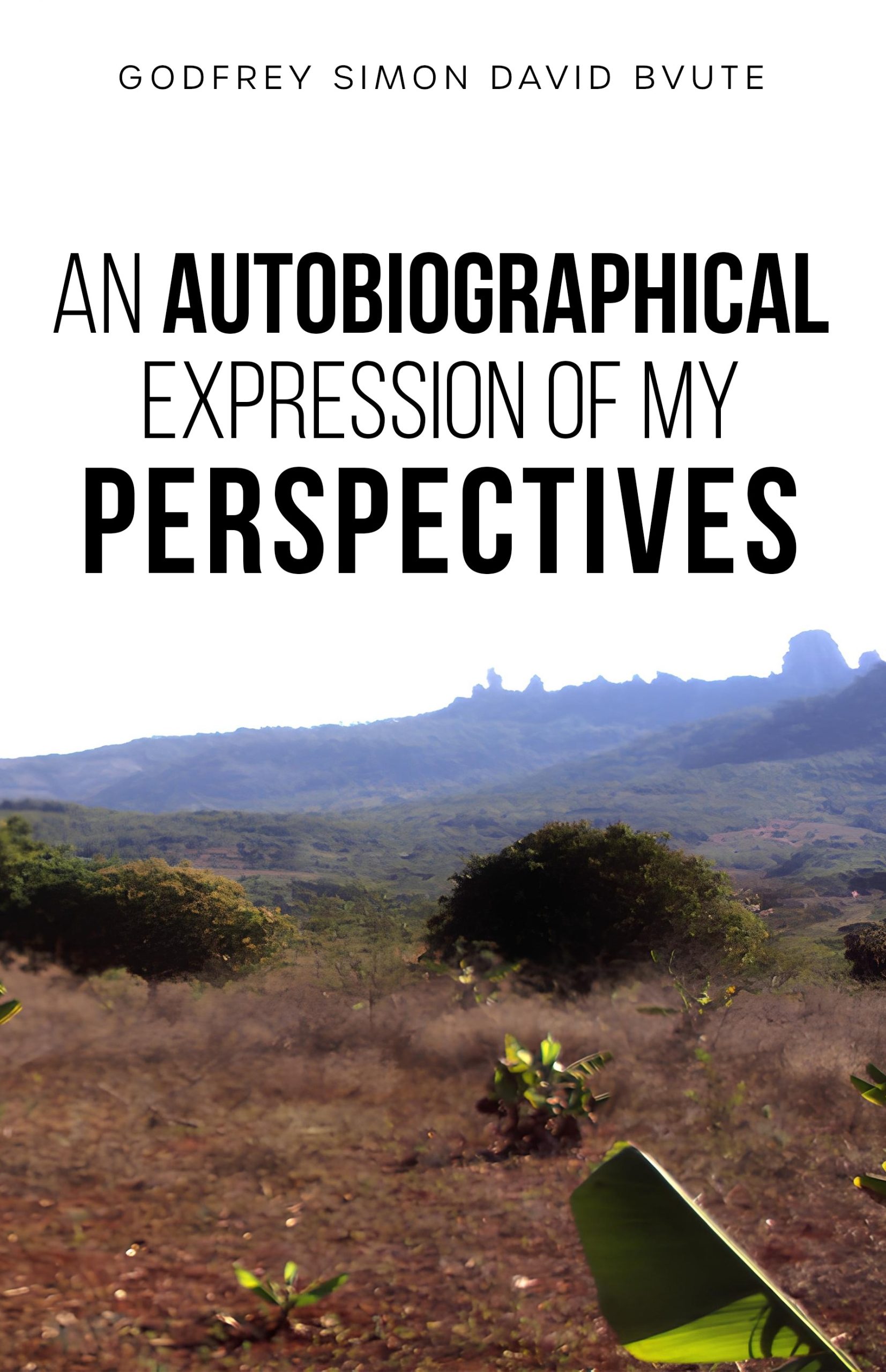War is more than a battlefield. It is a force that reshapes lives, communities, and personal identities in ways that can last for generations. Only those who have experienced it can attest to this. For those who grow up in conflict zones, their lives are often defined by fear, loss, and survival. From the echoes of gunfire to the sight of destruction and the uncertainty of tomorrow, all of these uncertainties mold not only the external world but also the inner self.

Similarly, a child raised in war does not have the luxury of innocence. For example, instead of playgrounds, there are military checkpoints; instead of school lessons, there are whispered stories of survival. Instead of tender love and innocence, there is just the hope to live another day and to have freedom. The impact of war on identity starts early and could shape how one perceives the world, understands relationships, and even processes emotions. When this sense of security that is essential for psychological development is replaced by a deep-rooted feeling of instability, the result can be shocking and deeply disrupting.
For many, like Godfrey Simon David Bvute, the author of An Autobiographical Expression of My Perspectives, war disrupts family structures. Fathers, brothers, and even mothers may be forced into combat or flee as refugees. This absence of parental figures, either through death or separation, forces children to mature too quickly and easily lose their innocence and sense of self. Responsibilities that should belong to adults are thrust upon their tiny shoulders, and they become caretakers, breadwinners, or even child soldiers—roles that alter their sense of self and their perception of the future.
Education is another casualty of war. When schools are bombed, teachers flee, and learning becomes secondary to mere survival, without this basic access to education, a child’s sense of purpose is often shaped by the conflict itself. In some cases, war becomes an identity—where one’s allegiances, survival skills, and experiences define who they are. The idea of a “normal” life fades into a distant dream, and it becomes very difficult to live a normal life.
During times of war, religious and cultural beliefs may also be put to the test. For instance, faith can either be strengthened or destroyed by the atrocities seen. When the very fabric of society is disrupted by war, identity, which is frequently rooted in culture and tradition, is shaken, leading to deep internal conflicts, and the struggle to reconcile one’s beliefs with the reality of suffering becomes more challenging.
Even after the conflict ends, the scars remain there in these souls and memories. Many who grow up in war zones struggle with trust, mental health, and a sense of belonging. The trauma does not simply disappear—in worst-case scenarios. It manifests in different ways that can influence relationships, career choices, and perspectives in odd ways.
Yet, amidst the destruction, resilience can be seen. Many who survive war carry with them a unique strength. Perhaps it is a deeper appreciation for peace, a strong sense of justice, and a determination to rebuild a strong society for the betterment of future generations, similar to what we see through n Autobiographical Expression of My Perspectives.
An Autobiographical Expression of My Perspectives offers a deeply personal yet historically significant perspective on Zimbabwe’s past and present. By weaving together personal memories and broader socio-political commentary, this book provides firsthand insights into the war, colonialism, governance, and economic hardships that have shaped Africa. This book explores the intersection of personal life journey, African history, politics, and the enduring influence of religion, spirituality, and moral values. It also reflects on post-independence struggles, social and cultural transformation, and global issues like climate change and technology. Bvute also delves into family values, relationships, and personal growth, offering a powerful testament to the resilience of those who have lived during difficult times.
For anyone interested in African and Zimbabwean history, personal growth, African studies, or just interesting autobiographies with deep cultural insights and war aspects—this book is a great resource. It meets the needs of people who want firsthand stories, a connection to their heritage, and motivation in the face of hardship.